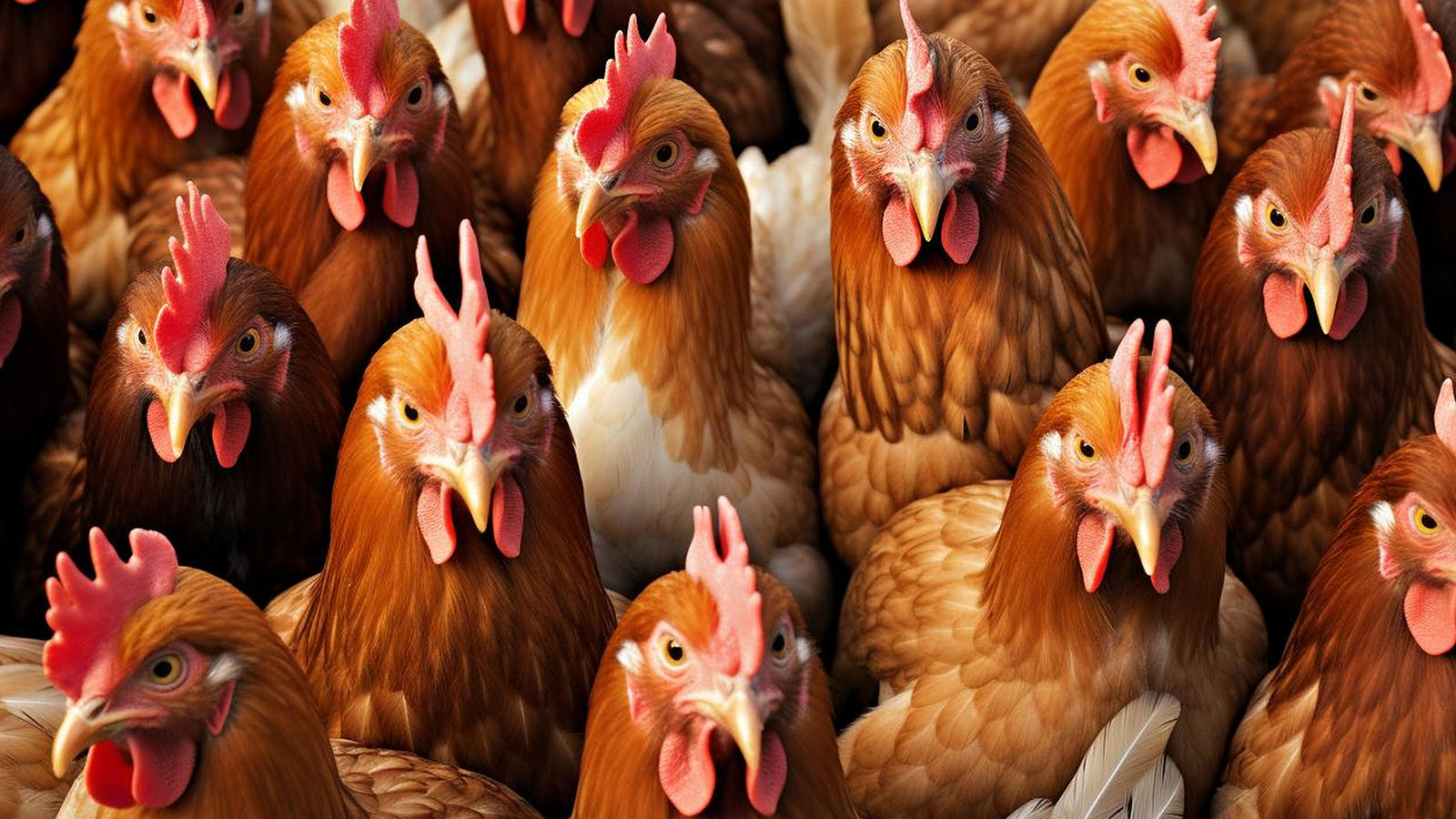
Work in the lab focuses on monitoring human-animal interactions where rapidly evolving viruses emerge. Virus spillover is a complex process involving multiple factors, and cross-species transmission has not been fully studied in natural environments. Lab members conduct global research, including in North America (Massachusetts and Alaska), Eurasia, and Africa.
Hypotheses about spillover mechanisms the team is investigating include::
The lab’s approach includes rapid genotyping of viruses during outbreaks to track their emergence, transmission, and spread in host populations. This data can then be used to guide public health responses and develop diagnostics and treatments. Their virus analysis pipeline includes phylogenetic studies, identifying mutations for human adaptation, and testing virus replication in human nasal cells and antiviral drug sensitivity.